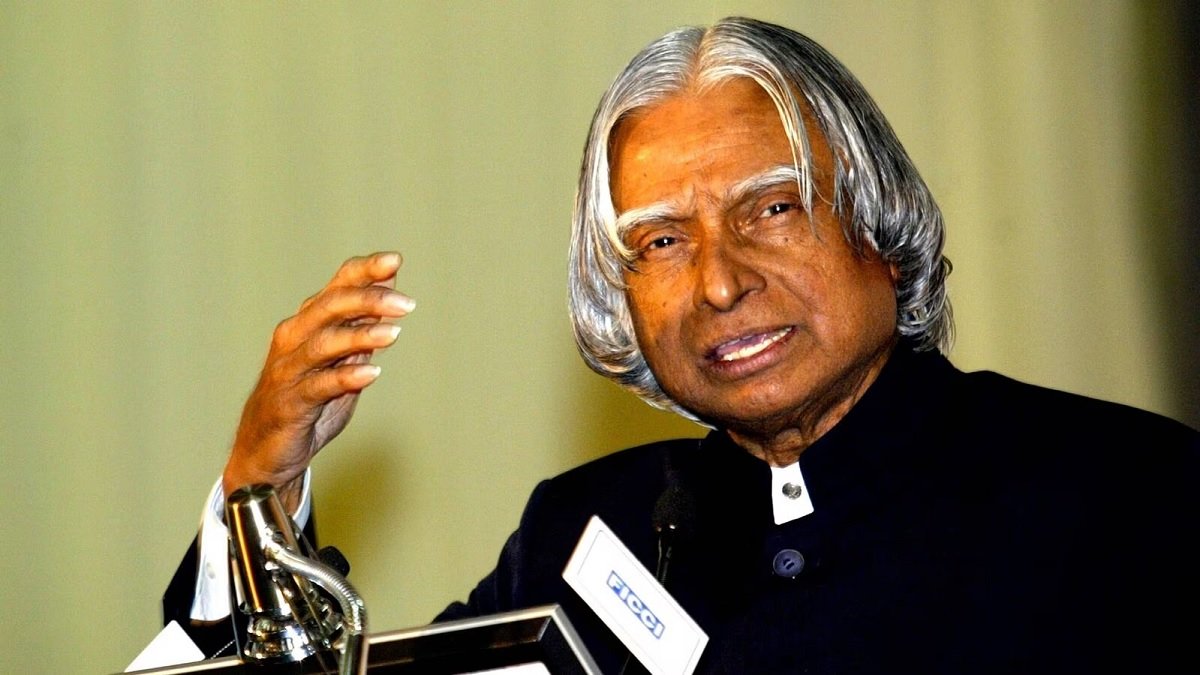The Bahá’í Faith, a relatively new world religion, emerged in the mid-19th century from a Persian background. One of its central figures, Abdu’l-Bahá, the eldest son of Bahá’u’lláh, the founder of the Faith, is often regarded as a premier exemplar of its teachings. Amongst the myriad of subjects Abdu’l-Bahá engaged with, his articulation of superhuman knowledge stands out. This concept, reflecting an elevated understanding above mere human cognition, serves as a focal point for followers and scholars alike, through which one can glean profound insights into the nature of spiritual perception and divine wisdom.
Abdu’l-Bahá elaborates on superhuman knowledge by emphasizing the distinction between material knowledge and spiritual understanding. Material knowledge pertains to the tangible, empirical world; it is acquired through the senses and is subject to the limitations of humanity. Conversely, superhuman knowledge transcends these boundaries, reaching into the realms of the spiritual and the divine. This knowledge, available to prophets, messengers, and chosen individuals, serves a purpose beyond mere enlightenment; it guides humanity towards its higher spiritual destiny.
One significant dimension of Abdu’l-Bahá’s superhuman knowledge is its universal applicability. Unlike material knowledge, which may often be constrained by cultural and temporal boundaries, the insights gained through spiritual understanding possess an inherent universality. Abdu’l-Bahá stressed that this kind of knowledge fosters the recognition of the oneness of humanity, underscoring the need for unity and collaboration among diverse peoples. Such understanding prompts humanity to transcend sectarian differences and work collectively towards global peace and harmony.
Abdu’l-Bahá articulated the connection between superhuman knowledge and the development of moral virtues. Through the lens of superhuman knowledge, moral principles are not mere societal constructs but rather divine laws that reveal the inherent qualities of the human spirit. Thus, acquiring superhuman knowledge entails a simultaneous cultivation of virtue. For example, the qualities of love, compassion, and justice are not only the result of scholarly study but are embodied in the very essence of spiritual insight. The pursuit of knowledge, therefore, becomes a dual pathway: an intellectual journey and a transformative ethical endeavor.
In exploring the implications of superhuman knowledge, one must also consider its role in guiding personal and collective decision-making. Abdu’l-Bahá asserted that individuals endowed with superhuman knowledge can discern the deeper truths of life, enabling them to make informed choices that reflect spiritual realities rather than superficial or materialistic values. This perspective holds particular relevance in contemporary times as society grapples with ethical dilemmas, environmental crises, and social injustices. Accessing superhuman knowledge empowers individuals and communities to navigate complex challenges with wisdom and foresight.
Moreover, the concept of superhuman knowledge is intrinsically linked to the notion of divine illumination. According to Abdu’l-Bahá, divine guidance is accessible to any individual striving for spiritual truths. Through prayer, meditation, and sincere reflection, one can develop an open heart and mind that is receptive to this illumination. This process of spiritual awakening is a vital element of the Bahá’í teachings. It emphasizes that each person has the potential to cultivate a deep and personal relationship with the divine, thereby availing themselves of superhuman knowledge.
Furthermore, a critical examination of Abdu’l-Bahá’s writings reveals that superhuman knowledge does not equate to an exclusionary elitism. Instead, it represents an invitation for all to seek understanding beyond conventional confines. The emphasis on inclusive access to divine wisdom underscores the fundamental Bahá’í principle that all human beings are created equal. This radical notion challenges hierarchical structures of knowledge and encourages a communal approach to enlightenment, fostering an environment where shared insights can elevate all members of society.
In addition, the pursuit of superhuman knowledge propagates a participatory ethos in spiritual development. The Bahá’í community is encouraged to engage collaboratively in the quest for truth, promoting discourses that enhance collective understanding. Study circles, community discussions, and consultative processes often serve as platforms for this exploration. The communal aspect of knowledge acquisition amplifies the transformative potential inherent in learning, as insights shared among diverse individuals can lead to breakthroughs in understanding that might not occur in isolation.
In the context of education, Abdu’l-Bahá’s insights on superhuman knowledge advocate for a holistic approach. Education should not solely focus on the acquisition of material knowledge but must also foster the moral, ethical, and spiritual development of individuals. This holistic paradigm underscores the integral role of educational institutions in nurturing the capacity for superhuman knowledge. By integrating both scientific and spiritual education, a new generation can emerge—one that is intellectually adept and spiritually enlightened.
In conclusion, superhuman knowledge, as articulated by Abdu’l-Bahá, serves as an invaluable guide for individuals seeking to bridge the material and the spiritual dimensions of life. This notion encapsulates the essence of the Bahá’í teachings, emphasizing the importance of acquiring knowledge that not only elevates individual understanding but also enhances collective well-being. Through the pursuit of superhuman knowledge, humanity can aspire toward a greater unity, moral integrity, and spiritual enlightenment, ultimately fulfilling its divine potential. As the world continues to evolve, the teachings of Abdu’l-Bahá remain relevant, offering profound insights into the pursuit of knowledge infused with purpose and ethical responsibility.
